-

-

-

-

-

-

-
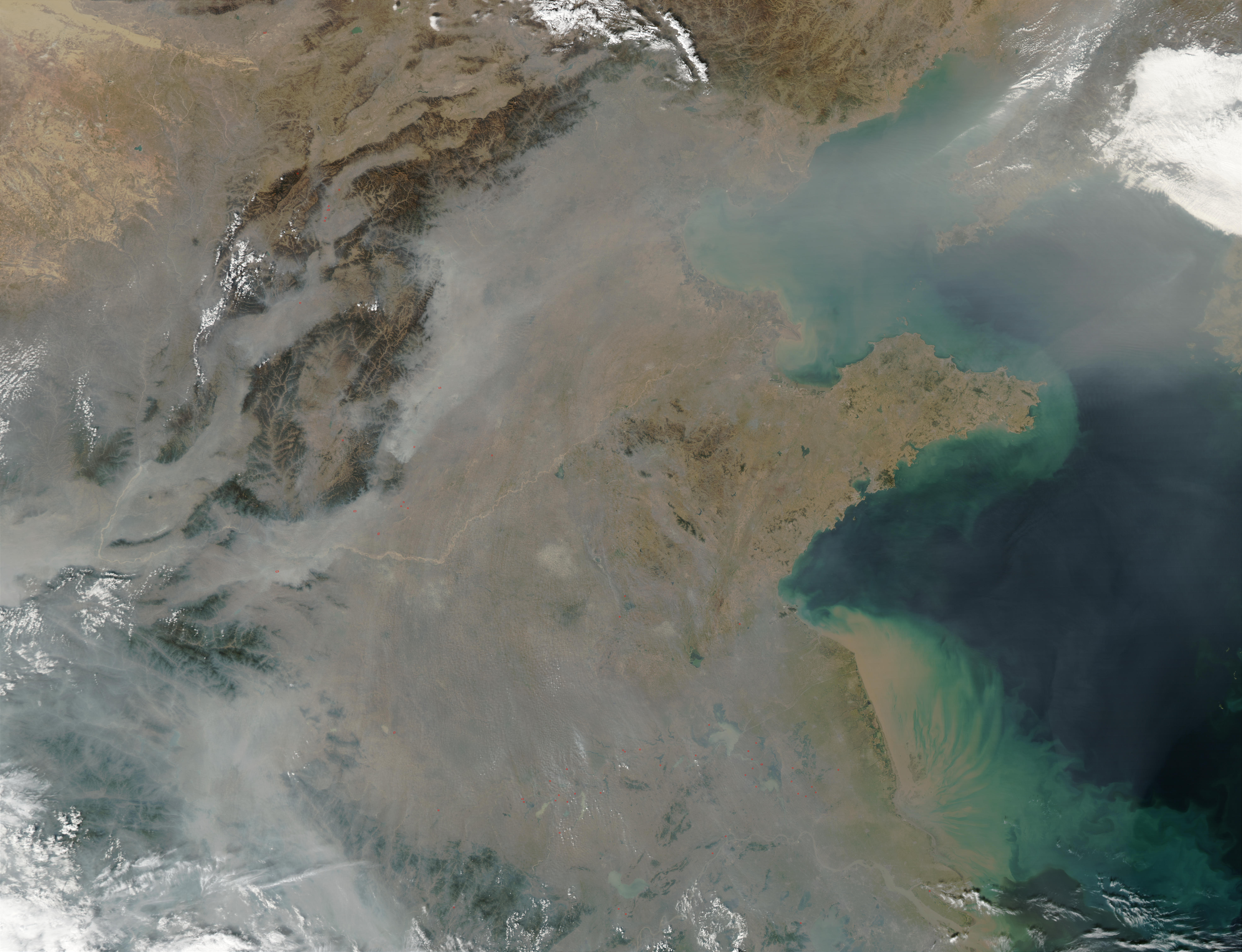
-

-

-

-
-

-

-

-

-

-

-
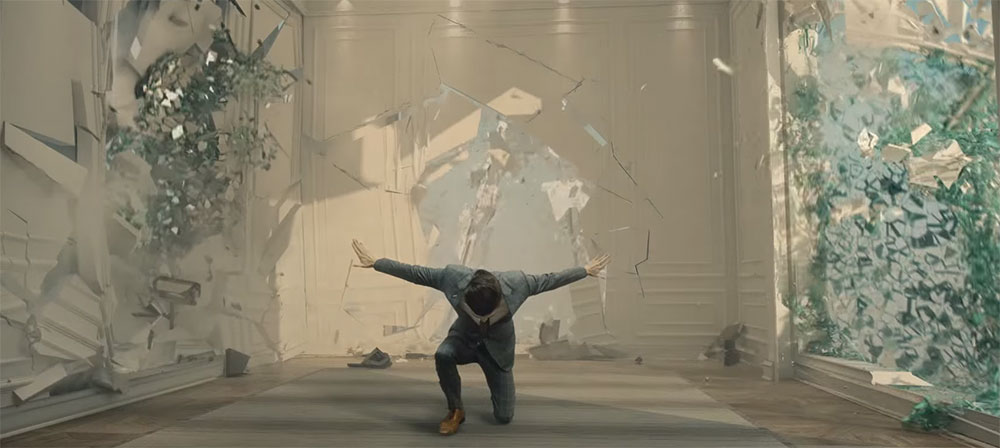
-
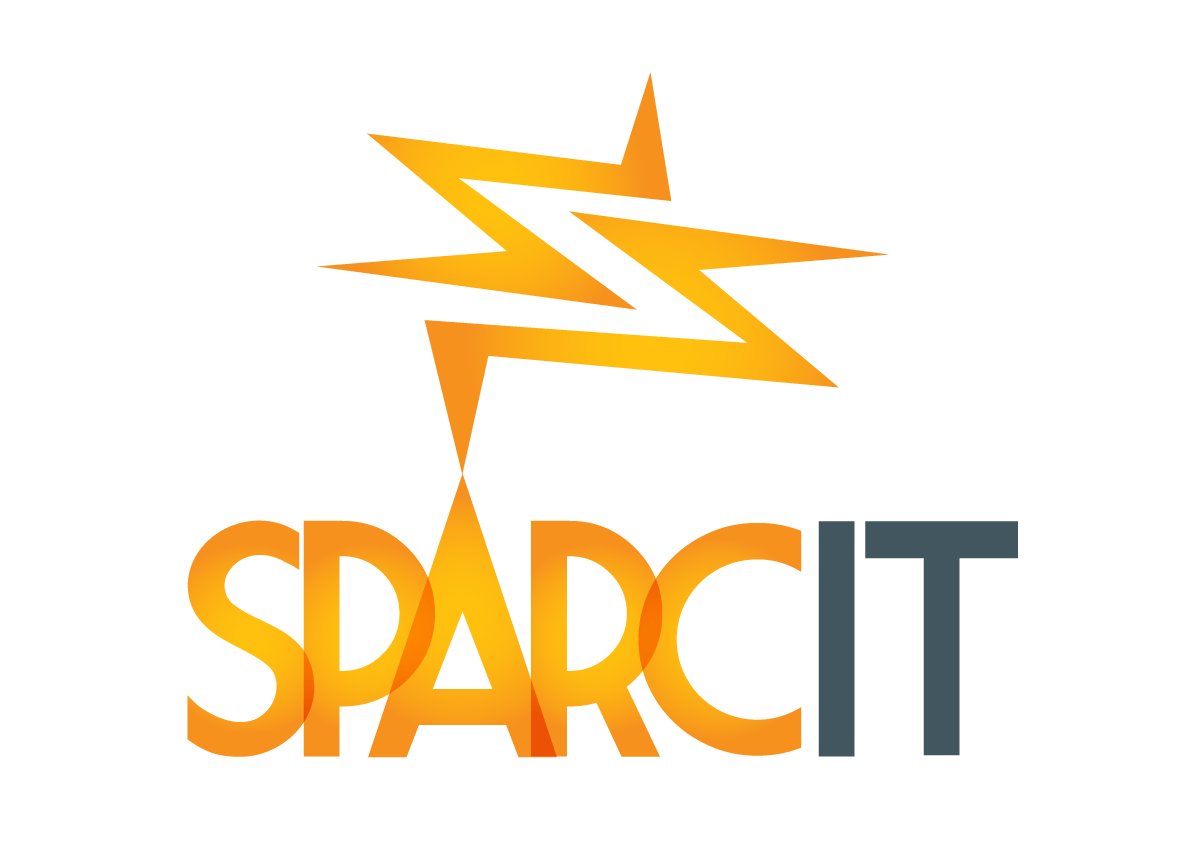
-

-

-
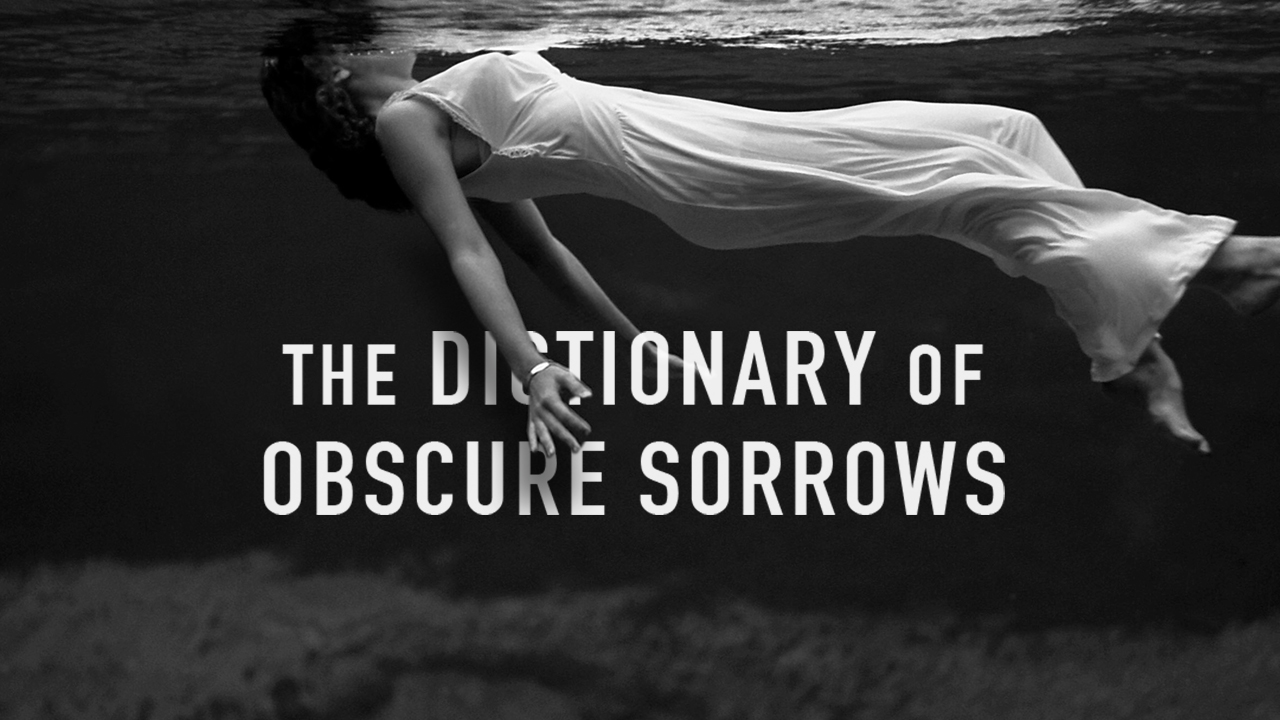
-

-

-

-

-

-

-

-

-

-
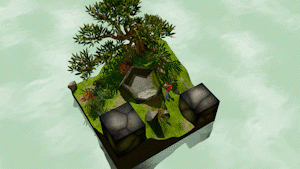
-

-

-
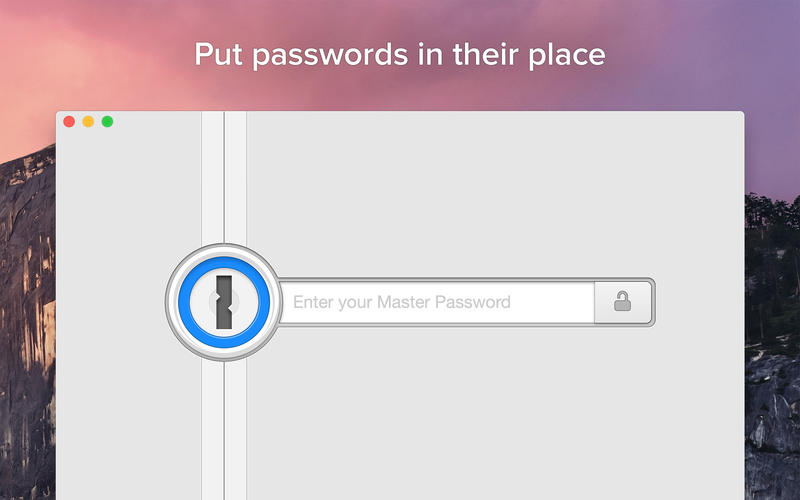
-

-

-
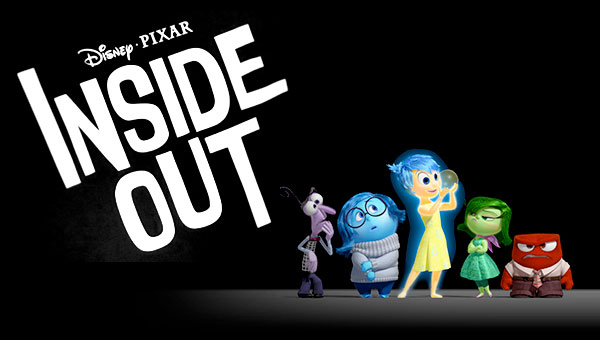
-

-

-
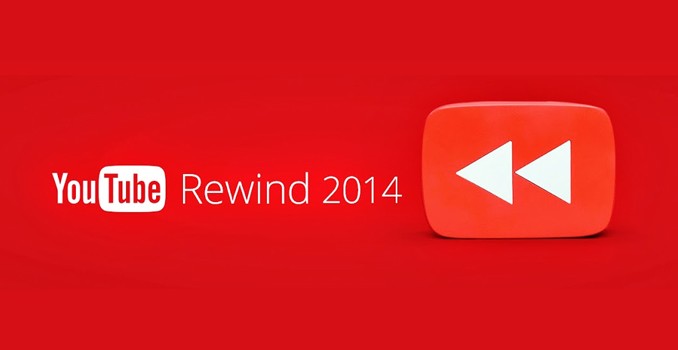
-
-
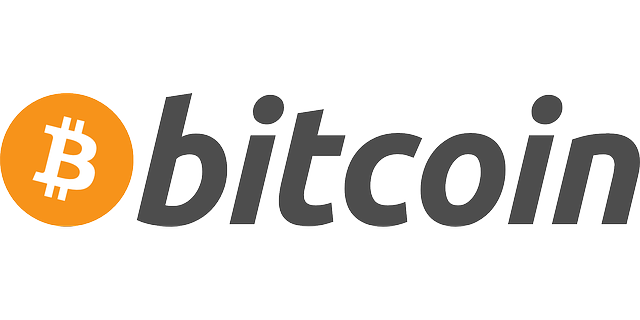
-

-
 TOTW: Google's Project Ara Modular Phone May Be The Future Of SmartphonesOctober 30, 2014
TOTW: Google's Project Ara Modular Phone May Be The Future Of SmartphonesOctober 30, 2014 -

-

-

-
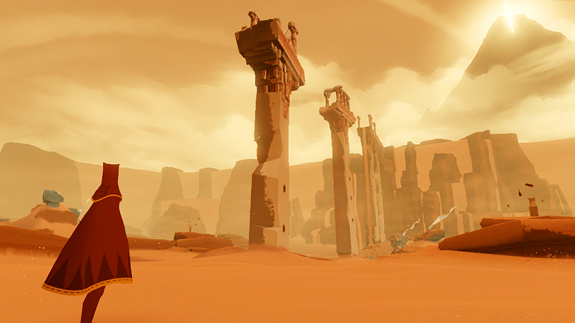
-

-
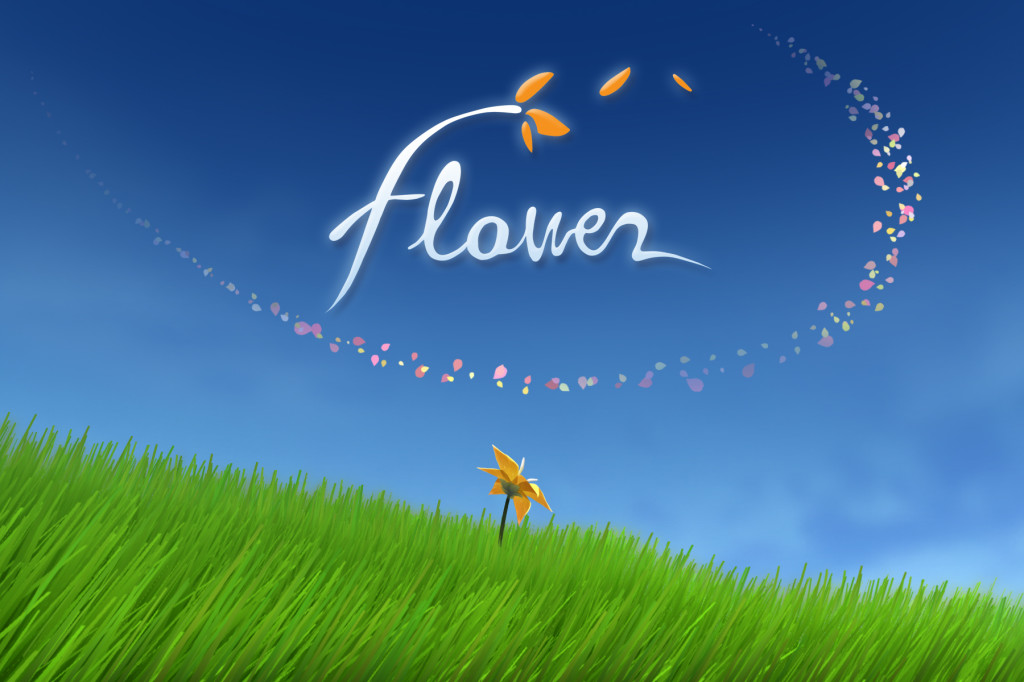
-
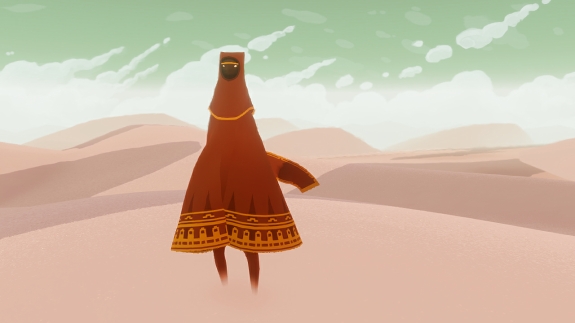
-

-
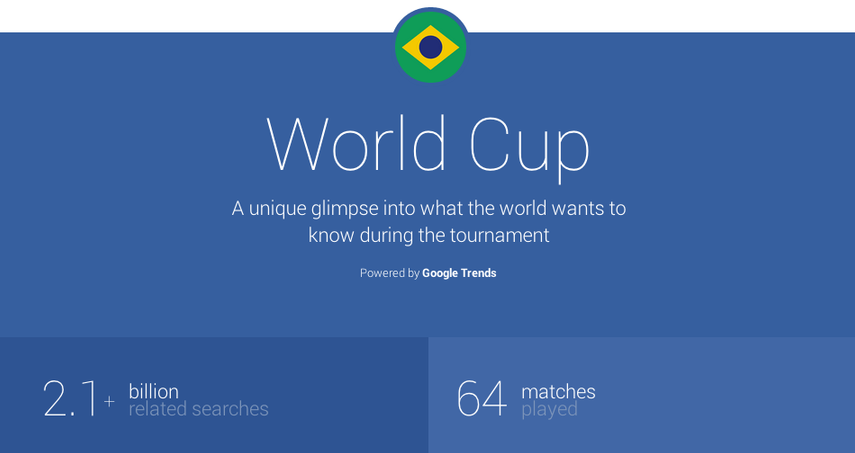
-

-

-

-

-

-
-
-
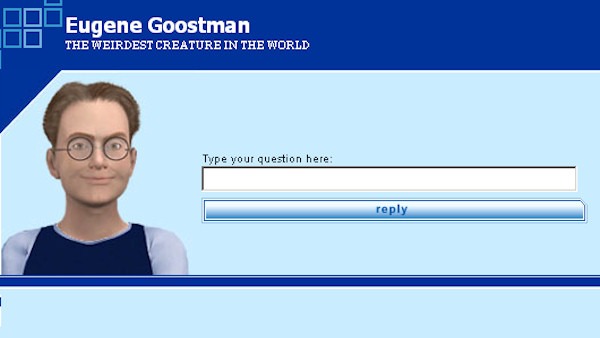
-

-

-

-
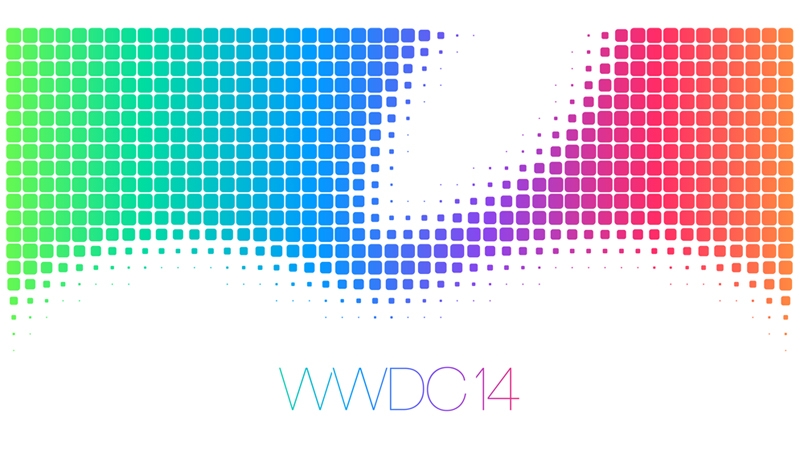
-
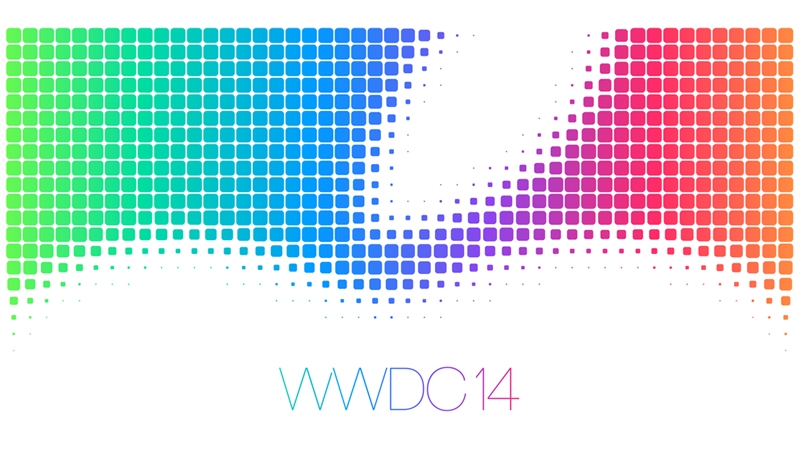
-

-

-

FastNews: Russian Blogger Law Destroys Anonymity For Russia Bloggers
In our new age of instant
communication and more of an equal chance of fame on platforms such as YouTube and WordPress, there are many, many, many ways to express what feel and believe in. Writing has always been an outlet for emotions and creativity, but never before has it been so readily available to the public. An average person (like me) can put their writing and their thoughts on the internet, and everyone can see it. Not just a select group of people who happen to look at your writing at, say, a library, if you have even gotten your writing into a library yet.
Although there are many people out there saying the internet is in chains for this reason and that, on the big picture, every person has much more exposure to what they create than ever before. Of course, here in America we have it pretty good in terms of freedom of speech and other laws surrounding that topic. I could potentially say “Obama is terrible!”, or “Romney is terrible!” or whatever political opinion I have, but in other places it’s not the case. Specifically, I am talking about Russia.
Because of a new law signed into law 3 days ago, reasonably called the “blogger law”, any blogger that attracts more than 3,000 unique visitors a day would now be considered a journalist, meaning they will have to register with the government, basically giving up the one thing that Russian bloggers hold so dearly: anonymity. Because many small bloggers use their websites to say bad things about the current government, this is a big blow to anti-kremlin efforts.
Also, the content of every registered site will have to be run by the government, to prevent them from publishing slander, profanity and hate speech. The writers will be made to verify their facts before publishing.
Everything about this law is obviously targeting anti-Putin sites. Roskomnadzor, a Russian political spokesperson for this law even said that not every sites that have over 3,000 unique hits a day will have to get registered. Only the ones that the government asks to. Sounds a bit fishy.
If these rules are broken, or a website does not obey, the fines can be up to $14,000. The alternative is the government blocks your site, something no site wants. Grani.ru, a site that was blocked, has already lost half it’s audience.
Unfortunately, all this points to a future of more restrictions and government control for Russia. The internet was made to be a free place, open to any writing from any person. Vladimir Korsunsky, a editor for Grani.ru, said very truthfully, “You have to be courageous to say, ‘No, I don’t agree with this.”
Leave a Reply